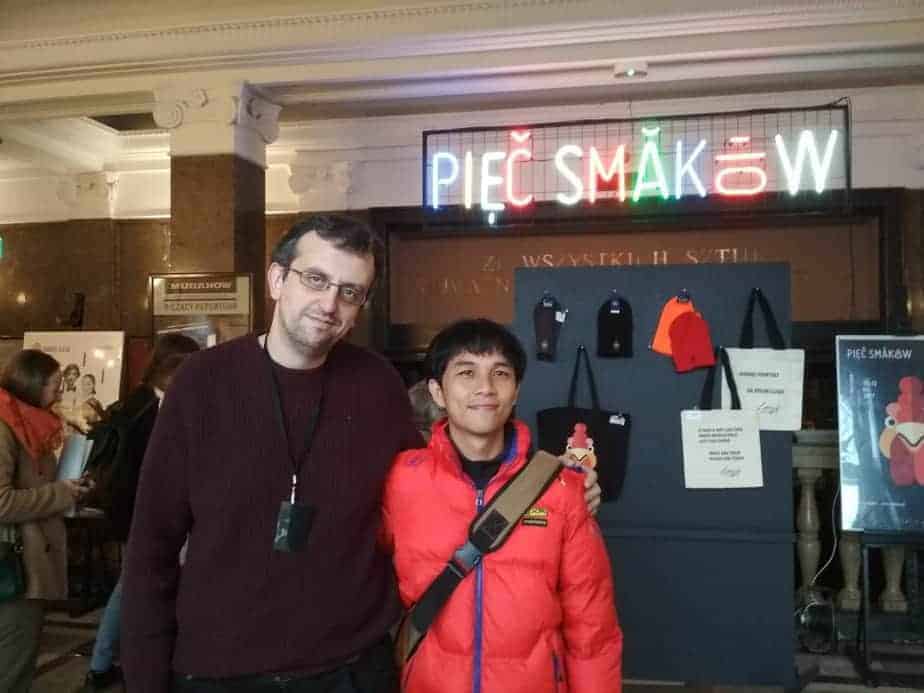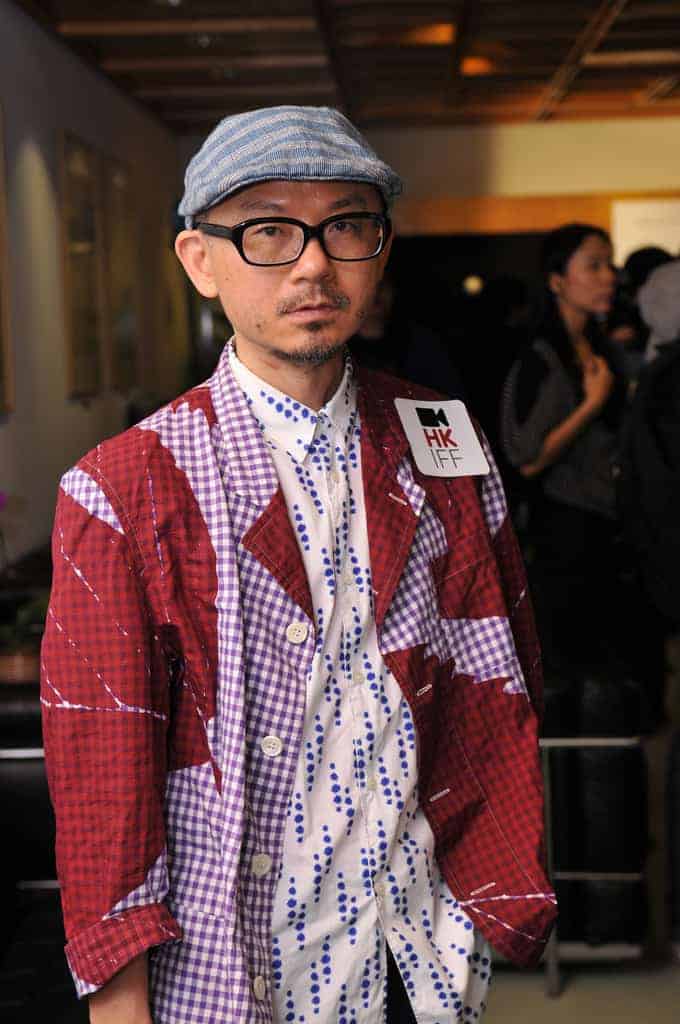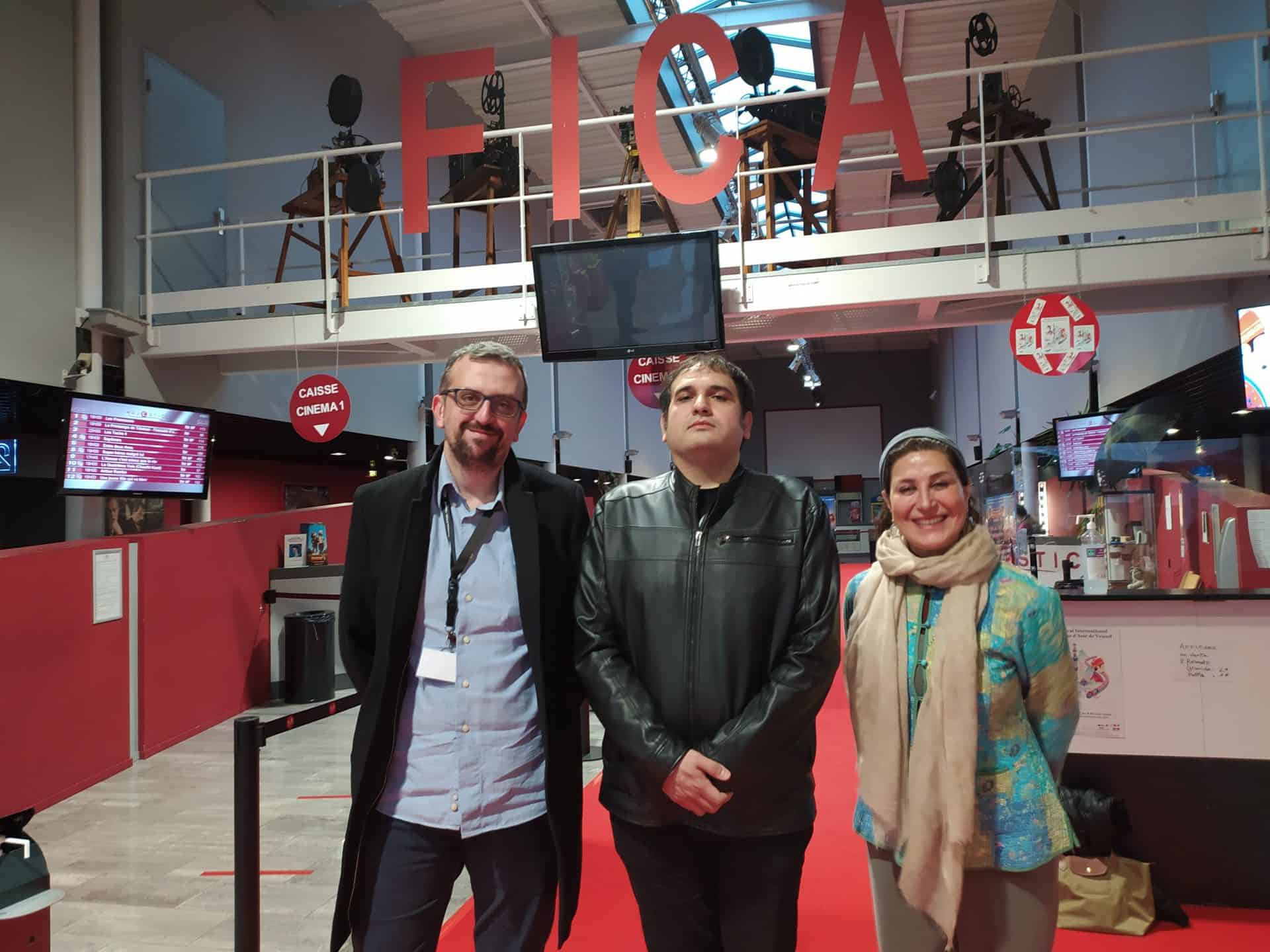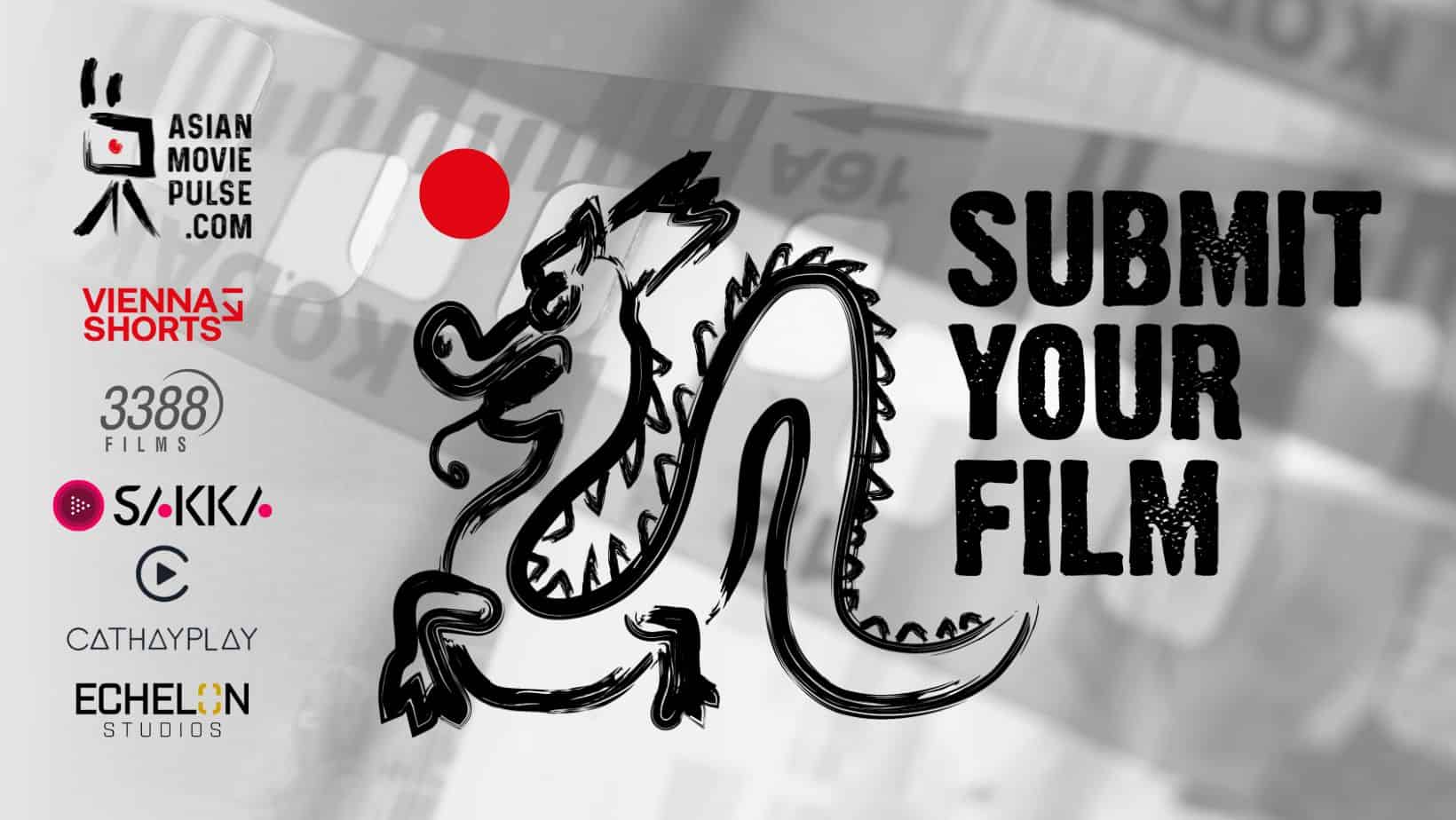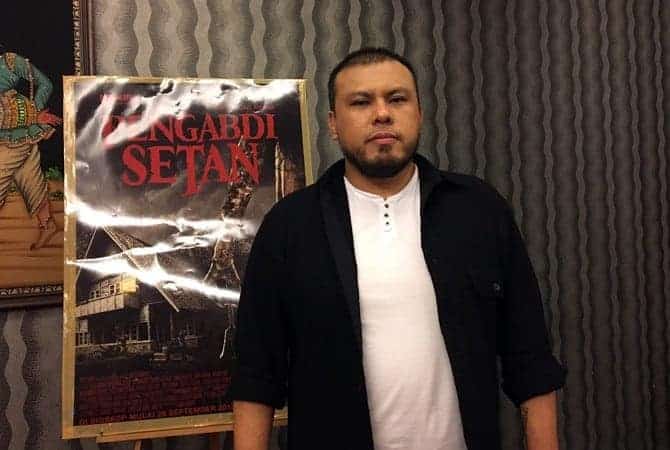LÊ Bình Giang (1990, Vietnam) was educated in Film at the University of Ho Chi Minh, but he wasn't allowed to graduate because the script for his film KFC was considered too violent by the Council of Examiners. Lê didn't give up on his project and tried to find sponsors. He won the Film of the Future Award at the Vietnamese Autumn Meeting 2013, which helped him get started. After making several short films he finally made KFC (2016), his feature film debut, three years later.
On the occasion of his film screening at Five Flavours, where it won a Special Mention from the People's Jury, we talk to him about his career, violence in films, music, multinational companies and many more topics.

You had trouble graduating from the University of Ho Chi Minh, due to the film's violence. What is your opinion on extreme violence presented on screen and why did you choose to make a splatter film? Did you manage to graduate eventually?
To my mind, the key of cinema is honesty. If violence is chosen to be the key of the film, we would have to go to the climax of violence, which is similar to its extreme. Extremity is required so that the genuineness of violence would be clear, and would go straight to the vision and senses of the audiences, leaving them a strong phobia for violence.
I have not graduated to date. It seems that I almost forgot this. In my opinion, a certification is only a semblance. Whether I graduated or not is not important, especially in an industry such as the film one.
Your film has now screened in festivals all over the world. Are you proud of this success and did you expect any of it?
Of course I feel happy after all. In fact, I had no expectation but to make a film the way I want, and I managed to finish that work. In my opinion, when I choose to screen my film in festivals, the film is no longer a property of my own, because I cannot decide, adjust or change its destiny after that. To me, screening it around the world is a way to communicate with the audiences, to see their reactions and to introduce my other upcoming projects.
What were the reactions of the audience in the festivals the film appeared?
Overall, the audiences were very curious about my way of making film. A few people felt shocked with its violent aesthetics and methods. Moreover, I usually receive questions about the background, the theme, and the purpose of the film.

The film does not seem to have a big budget, but you used some interesting techniques with slow-motion, fast forward, and Bullet Time shots, and the special effects look impressive. How did you manage that with a small budget? The scene with the worms particularly, is quite impressive. Can you tell us a bit more about it?
With such type of film and a low budget, it required a process of much thinking from filmmakers. Fortunately, I had the chance to work with a smart crew which was always creative. Special effects in disguise are from Tony Nguyễn (disguise specialist, the main character – The Headphone man). He used cheap and more effective materials instead of the expensive ones.
Regarding the scene with the worms, we actually used real ones. In Vietnam, they are food for birds and totally safe for humans. However, our actors were madly scared and screamed in the first take. The secretary was asked to be replaced by a man in several angles that we could not see her character's face. We used kapok in order to avoid worms moving in the ears and nose of actor. Altogether, the torturing segment was fun and memorable.
About bullet time scene, technically, it required many cameras with many angles, capturing at the same time. It was impossible due to budget issues. Therefore, I asked the actors to stay still for a minute, and the cameraman moved around them. The bullet was made in 3D after that. However, that scene was not good to me, not because of wrong technique, but for the mistake in telling the story. It did not match the film, as a whole. Every time I watch this scene, I feel ashamed.
The main theme of the film is a kind of romantic and nostalgic song. Why did you choose such a song? What is it called?
The song is called “Quỳnh Hương” ( the scent of a flower named Quỳnh) composed by Trinh Cong Son and performed by Khanh Ly. The song, the composer and the singer are very famous, considered in a category of their own in Vietnam. “Quỳnh Hương” was composed in 1974 and is still being performed by many singers. I found the song not only very romantic but also bizarre. Melody and lyrics made me think of blurred and haunted colors. The song, when first heard, is very lively, but after many times, I felt something made me nervous. All that feeling, romantic, bizarre, cheerful and nervous is what I wanted to bring in my film.
“Kfc” seems to mock multinational companies like KFC, Coca Cola and Pepsi. What is your opinion regarding these companies?
Honestly, I did not intend to mock these companies. I loved Coca since I was small, and I used to be addicted to KFC for a while. Unfortunately, KFC only comes with Pepsi. That fact made me feel something unsatisfied in my soul, which is like a defect of my life. 4 years ago, I suddenly could not eat fast food anymore. I've stopped eating KFC since then. I rarely drink coca or such type of drinks. I realized that my physical condition and my human nature are not appropriate for industrial food.
The narrative features flashbacks and a number of back and forths in time. Why did you choose this method of narration?
I often have Déjà vu. Déjà vu and my memory sometimes are vague, so I was not sure what I was living in, past, present or future. Therefore, I want to blur the boundaries between the three dimensions of time: past, present and future. I myself always move between these boundaries, the present is the past of myself in the future, and the future of myself, in the past. This ambiguity is very strange and interesting to me. My characters, also like me, are always obsessed and confused with this. The ending of the film, when the couple are driving, is the future they wanted, but could not see it clearly. It might be the beautiful past The Headphone man and his lover yearn to come back to…

What is the situation with censorship in Vietnamese cinema? In general, what is the situation with the film industry in the country?
This is a sensitive issue. Please, allow me not to answer this.
What films do you enjoy watching and which are your major influences?
The movie I love most is Memories of Murder (Bong-Jong Ho). I also admire director Lee Chang Dong and his powerful films. They are simple, but require much talent to make such films. I loved Hong Kong cinema 15 years ago, they got actors such as Tony Leung, Maggie Cheung,.. My childhood is intimately close to their movies. Recently, Hong Kong cinema seems to go down. I could not find such touching films like I had seen in the past.
Can you tell me about your next project? What is it about and how is it progressing?
I am working on my second project which is a film with a very fresh approach and a very low budget. I expect it to blur the boundaries between genres – fiction and documentary. The film is about two characters who are also the whole crew, including myself. I hope I can get it shot soon.


